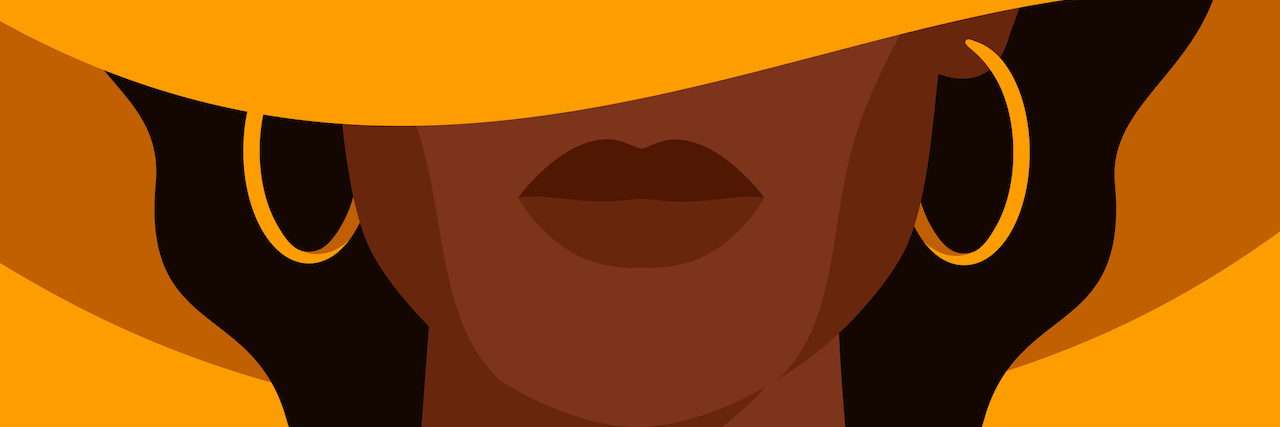To close out Minority Mental Health Awareness month, Dior Vargas, a Latina feminist and mental health activist, held an important Twitter chat on Friday.
Vargas is the founder of the People of Color & Mental Illness Photo Project, a series created to help people of color with mental illnesses know they’re not alone and discuss the unique issues people of color face in the mental health community. We learned a lot from both Vargas’ questions and the responses she received. Take a few minutes to educate yourself about minority mental health:
1. “What are some of the myths/misconceptions about mental health in minority communities?”
Answer: “We often frame mental health as personal or will power issue versus a health one. But that’s not unique to people of color.” — Nora Rahimian
A1: We often frame mental health as personal or will power issue vs a health one. But that’s not unique to PoC #MinorityMentalHealth
— nora rahimian (@norarahimian) July 31, 2015
Mental health knows no boundaries. Nearly one in five people live with a mental illness, according to the Substance Abuse and Mental Health Services Administration.
Answer: “Perception vs. Reality: We perceive seeking help as weakness. The REALITY is that it’s a sign of strength.” — Hispanic Serving Health Professions School
A2 (1/2): Perception vs. Reality: We perceive seeking help as weakness. The REALITY is that it’s a sign of strength. #MinorityMentalHealth
— HSHPS (@HSHPS96) July 31, 2015
Only 41 percent of people with a mental illness seek help each year, according to Mental Health America. Finding help is a step in right direction. There is a wide variation of support and treatment. You can start by using a screening tool.
Answer: “Black teens are less likely than white teens to receive mental health treatment.” — National Network to Eliminate Disparities in Behavioral Health
A3. Black Teens Less Likely than White Teens to Receive Mental Health Treatment http://t.co/WAY5P7oX14 #minoritymentalhealth
— NNED (@nned_net) July 31, 2015
While black teens are less likely to receive help, African Americans are 20 percent more likely to report having serious psychological distress than Non-Hispanic Whites, according to the U.S. Department of Health and Human Services, Office of Minority Health.
4. “What are some changes that are needed when it comes to the current mental health care system?”
Answer: “[There] needs to be more mental health practitioners period. Lack of access is still a huge concern in diverse communities.” — Prototypes
A4 Needs to be more mental health practitioners period. Lack of access is still a huge concern in diverse communities #minoritymentalhealth
— Prototypes (@PrototypesCare) July 31, 2015
There is a lack of mental health services due to funding, absence of mental health from the public agenda and the current organization of mental health services, according to the World Health Organization. Only about 5.6 percent of the national healthcare spending is dedicated to mental health, according to the Health Affairs journal.
5. “What is your idea of a mental health utopia?”
Answer: “A world that has the proper resources for effective treatment that is affordable to the poor.” — Yukio Strachan
@DiorVargas: A5: a world that has the proper resources for effective treatment that is affordable to the poor #MinorityMentalHealth
— Yukio Strachan (@boldandworthy) July 31, 2015
Although minorities face barrier when it comes to mental health, all populations seeking mental health services are affected by social stigmas. Anyone with a mental illness can face mistrust, fear of treatment and discrimination by individuals and institutions, according to “Mental Health: Culture, Race and Ethnicity, A Supplement to Mental Health: A Report of the Surgeon General.”
Getty image

